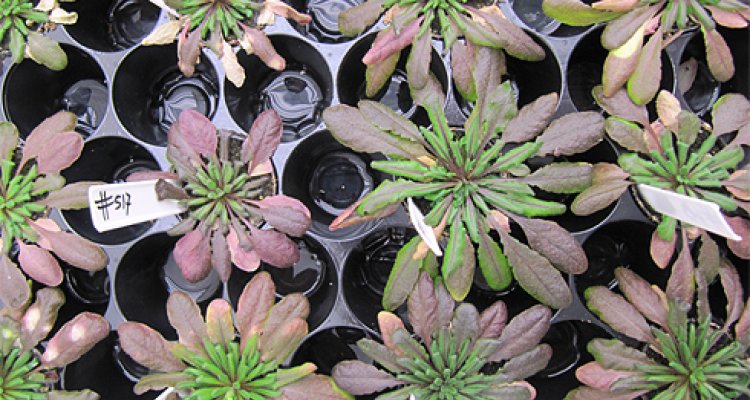
Technology Offer
Improving Crop Yield under Zinc Limiting Conditions
Wageningen University & Research is seeking commercial partners interested in developing plant varieties containing novel genes that regulate the hyper accumulation of zinc. Applications include adaptation to zinc deficiency, phytoremediation and/or bio-fortification.
Summary
Zinc is an essential micronutrient for all living organisms. The improvement of plant’s ability to mitigate zinc deficiency and so improve crop yield under zinc limiting conditions has thus far been hampered by insufficient knowledge on the mechanisms and regulation of the zinc homeostasis network in plants. Zinc deficiency afflicts up to 40% of the world’s human population, mainly in developing countries where people depend on cereal-rich diets for sustenance. Bio-fortification of crops with zinc, using plant breeding and other genetic technologies, can offer a sustainable solution to this global problem. The zinc deficiency response may promote the development of zinc deficiency tolerant crops and of metal hyperaccumulator plants for phytoremediation of contaminated soil or water.
The invention
Scientists of Wageningen University & Research have identified two closely related members of the Arabidopsis thaliana basic-region leucine zipper (bZIP) transcription factor gene family, bZIP19 and bZIP23, that regulate the adaptation to low zinc supply. Homologues of the bZIP genes regulating zinc deficiency tolerance or hyper accumulation appear to be a general plant phenomenon as they were found conserved in various species such as rice, potato, tomato, poplar, Medicago and wheat.
Applications
Development of (genetically modified) plants with improved zinc deficiency tolerance, thus improving crop yield under zinc limiting conditions. Other possible applications are zinc bio-fortification to alleviate human nutrition problems and phytoremediation strategies to clean contaminated soils or water.
Benefits
- Provides new strategies to improve plant tolerance to low zinc availability
- May improve yield of plants grown under suboptimal zinc availability
- May facilitate bio-fortification through increased bioavailable zinc content in edible parts of plants
- May improve the phytoremediation properties of plants in soils polluted by zinc/cadmium
Stage of development
Concept and application tested in Arabidopsis thaliana. Needs proof of concept in other plants.